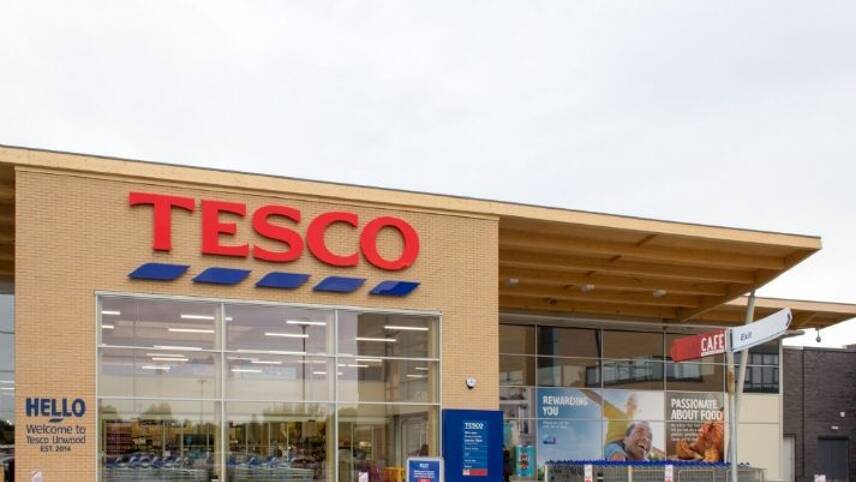Register for free and continue reading
Join our growing army of changemakers and get unlimited access to our premium content

Image: Tesco
The supermarket stopped stocking own-brand plastic-based wet wipes and baby wipes around two years ago and, after asking suppliers to shift to plastic-free alternatives or risk being delisted, will remove branded plastic-based wipes from 14 March.
Tesco claims it is the first supermarket in the UK to make the move. It is the nation’s biggest seller of baby wipes, selling 75 million packets annually – equivalent to 200,000 packets each day. The UK’s first retailer to ban wipes containing plastic was Holland and Barrett, in 2019.
Instead of plastic, all of Tesco’s own-brand wipes are now made using viscose, a synthetic fibre made using wood pulp that is touted as biodegradable. Tesco said in a statement there is “no need for wet wipes to contain plastic”, whether they are made by own-brand suppliers or third party brands.
The announcement from Tesco comes shortly after the retailer announced that it removed 500 million pieces of plastic packaging from its own-brand lines in 2021. This built on the removal of one billion pieces of plastic between August 2019 and December 2020.
Tesco is conducting plastic removal as part of an updated packaging strategy framework based on the ‘4 Rs’ – removal, reduction, reuse and recycling. The business is continuing to assess all of its plastic packaging formats and changing them in line with this hierarchy; removal should be the first port of call.
Tesco wrote to third-party suppliers in 2019, after updating the strategy, warning them that they would lose their contracts if they continued to use “excessive” plastic packaging that is hard to recycle.
What’s wrong with wipes?
Research conducted by the BBC in 2019 found that 11 billion wet wipes are sold in the UK each year, with 90% containing some plastic content. Wet wipes containing plastic are not biodegradable and are hard-to-recycle. They are a major contributor to fatbergs – blockages in the sewage system.
Thames Water recently released research revealing that 45% of UK adults admit to having flushed products marked as unflushable over the past year. Wet wipes were the most commonly cited item in that poll, raised by 29% of respondents.
MPs on the Environmental Audit Committee (EAC) last year conducted an inquiry into common sources of plastic pollution in water, including wet wipes. At present, they are not on the list of plastic-based items which the UK Government is considering banning.
Sarah George


The most important thing supermarkets could do is put pressure on the manufacturers to stop advertising wipes as "flushable". Even fully biodegradable ones should never be flushed down the toilet as they do not disperse like toilet paper.
It’s a simple concept but basically "unless it has gone through your pipe don’t put it down the sewer pipe